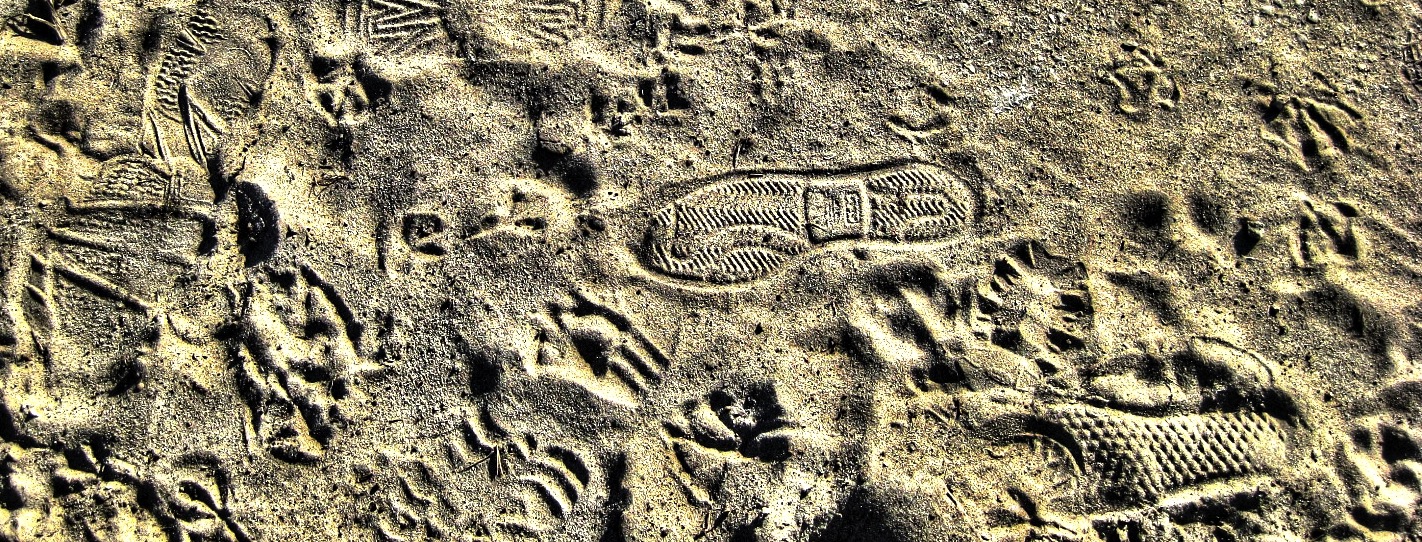 On Monday, at an international meeting of geologists in Cape Town, South Africa, the 35 members of the Anthropocene Working Group summarized their seven years of work. Chief among their preliminary findings is that the current human-dominated chapter in our planet’s history, informally known as the Anthropocene, is geologically real. That’s “real” as in “recorded in the earth’s rock layers.”
On Monday, at an international meeting of geologists in Cape Town, South Africa, the 35 members of the Anthropocene Working Group summarized their seven years of work. Chief among their preliminary findings is that the current human-dominated chapter in our planet’s history, informally known as the Anthropocene, is geologically real. That’s “real” as in “recorded in the earth’s rock layers.”
The report is the latest step in the excruciatingly slow — or, from an earth sciences perspective, blindingly fast — process of declaring a new geological time interval, which begins in a designated working group and moves through the Subcommission on Quarternary Stratigraphy, the International Commission on Stratigraphy, and finally the International Union of Geological Sciences. (Got that? Good, because I keep having to look it up.) The stratigraphic powers-that-be may one day designate the Anthropocene as an official epoch, like the Pleistocene and the Holocene, but that day is still many years off.
The job of the Anthropocene Working Group is both scientific and linguistic: it’s trying to bring a metaphor down to earth. After Paul Crutzen, a Dutch atmospheric chemist and Nobel laureate, coined the term “Anthropocene” in a 2000 article, it quickly escaped from scientific supervision, appearing in popular book titles, museum exhibits, and everyday conversation. Many of us, apparently, had been looking for a word to describe our own time — a time of seemingly unprecedented, expanding, and irreversible human impacts on the planet. The notion of a new chapter in geological history neatly captured the magnitude of our influence. Who cared whether or not that chapter was written in the rocks?
Well, a lot of geologists cared, and still do. Jan Zalasiewicz, a geologist at the University of Leicester and the chair of the Anthropocene Working Group, remembers watching with consternation as the metaphor took flight. “People were using ‘the Anthropocene’ as if it were a real geological term — without inverted commas, without any sense of irony,” he told me last year. “We had to do something about it.” Since 2009, Zalasiewicz and his group have been discussing whether the Anthropocene meets the established criteria for a new geological interval, and if so, when said interval began. The group currently favors a starting date around 1950, with plutonium fallout as a global geological marker, but opinion is far from unanimous. Some geologists would like to do away with the whole enterprise, and stick with the Anthropocene. Others have proposed various alternative starting points, including the establishment of agriculture, the beginning of the Industrial Revolution, the invention of plastic, and the domestication of chickens.
As the geological Anthropocene grinds toward formal recognition, the metaphorical Anthropocene has gone through its own process, less orderly but equally complex, and its meaning has diffused. Does its use imply condemnation of human dominance of the planet — or enthusiasm for it? Does it refer to all human effects, or just the really big, nasty ones? No matter how diligently Zalasiewicz and his group work to define the Anthropocene, they’ll never reclaim it from the rest of us. But their efforts might help lighten its accumulated burden of emotion and judgement. When and if the International Commission on Stratigraphy decides to add the starting point of the Anthropocene to the planetary time scale, it may start to look less like a metaphor for tragedy or triumph and more like the beginning of every other geological interval: a time of remarkable change. Whether its effects are bad, good, or both is almost entirely up to us.
Photo detail by Flickr user Roman Iakoubtchik. Creative Commons.
Is the report or a summary of it anywhere online? I’m not seeing anything at the Anthropocene Working Group website. Thanks.
There’s a summary here: https://www.sciencedaily.com/releases/2016/08/160829094255.htm
Thank you very much!
“When and if the International Commission on Stratigraphy decides to add the starting point of the Anthropocene to the planetary time scale, it may start to look less like a metaphor for tragedy or triumph and more like the beginning of every other geological interval: a time of remarkable change. Whether its effects are bad, good, or both is almost entirely up to us.”
Beautiful.